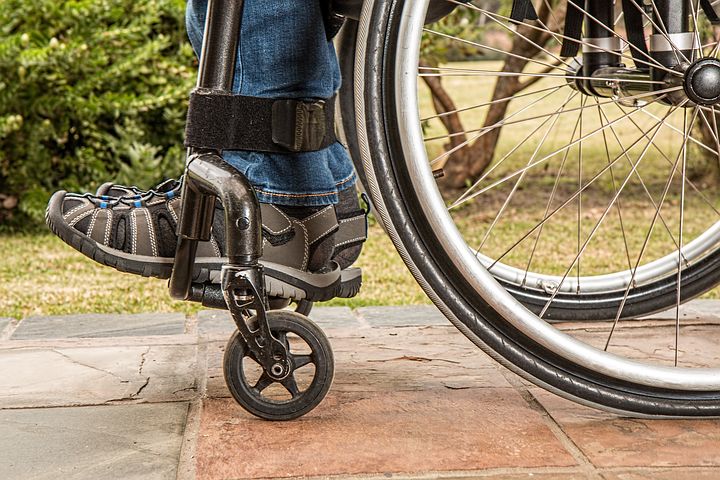
If we lived in a utopia, any individual with a disability would have physical, emotional, and financial support to help them navigate challenges in their difficult life. The United States government developed the Social Security Disability Insurance (SSDI) program, managed by the Social Securities Administration (SSA). It offers income support to people who become permanently disabled after an injury or illness, restricting their ability to be employed.
The Social Security Administration (SSA) judges every claim for disability benefits against set criteria. The chances of you winning your claim, even when you have a genuine disability, depend heavily on your case being well put. To build a good case for a claim, it is important that you understand the requirements laid out by SSA and the success criteria upon which examiners judge your case.
Here are some tips that will help stack the odds in your favor when you fill a claim.
When to File? As Soon as Possible
Seeking social security disability benefits as soon as possible is imperative if you have a disability since the process takes a significant amount of time. To ensure your application is processed in a timely manner, do not delay filing your claim. Moreover, as many disability benefits directly depend on your disability insurance, you would want to ensure your claims process begins before your insurance expires.
Make Sure Your Application Is Complete
A lot of people start the application without any knowledge about what goes into it. It leads to a hastily filled-out claim that risks getting rejected because it didn’t fulfill all requirements. Before diving right into your disability application, it would help to take time out to prepare yourself and gather all required documentation. You can find a complete checklist provided by the SSA on their website.
By reviewing that checklist, you can get a good sense of what information you have on hand and what could be missing. Otherwise, you would be scrambling to complete your documentation at the last minute. Type of Information required includes birth and citizenship, marriage and divorce history, list of dependents, questions about your health and medical conditions, job history, and educational background.
Make an Appeal within 60 Days
If your claim is denied, SSA allows you 60 days to submit an appeal. That is an extremely tight window during which you must improve your previous application by carefully reevaluating the claim against the grounds for rejection. The information listed on the website for LaPorte Law firm suggests that hiring a lawyer with expertise in disability benefits makes a lot of sense. An administrative law judge will most likely hear your appeal. Having an attorney representing you will make the process easier and improve your odds of presenting a convincing case for your claim.
Provide Full Details of Symptoms and Treatment with Evidence
Many applications face rejection by examiners because of incomplete information. Often, applications lack explaining symptoms accurately and clearly. They also may not provide full information about the medical treatment the applicant is receiving. These are vital parts of the application that can make or break your claim. It might even prove helpful to consult your doctor so the information you provide can accurately reflect your condition. Chalking out your symptoms precisely can enable SSA to match your disability against its own list of impairments. In instances where that doesn’t happen, it still helps the examiner or judge to clearly understand your limitations.
Outlining details of your treatment will also help your examiner. Without those details, your disability examiner may not have either the time, resources, or mandate to fill in the gap, which can lead to your claim being rejected. Hence, it is best to include comprehensive details of your medical treatment to be on the safe side. Details include the exact name and dates of the treatment, as well as the address and location of the facility and also the contact information of relevant doctors.
Provide Details of Your Work History
Another crucial part of your disability claims application is your comprehensive work history. Your work history enables SSA examiners to determine two things; the severity of your disability and the extent of limitations imposed on your employability by your disability. It can directly affect your eligibility for a disability claim, so it is vital to accurately fill this part with all necessary details.
Winning a disability claim can be tricky if you don’t know the potential pitfalls in the application. The key to a successful claim is transparency, completeness, and accuracy. The more accurately you fill out complete details of your medical condition, treatment, and work history, the better chances you have of convincing the examiner or the judge of your eligibility. So make sure you spend quality time before, during, and after filling the application, review it thoroughly, and get help from experts.













